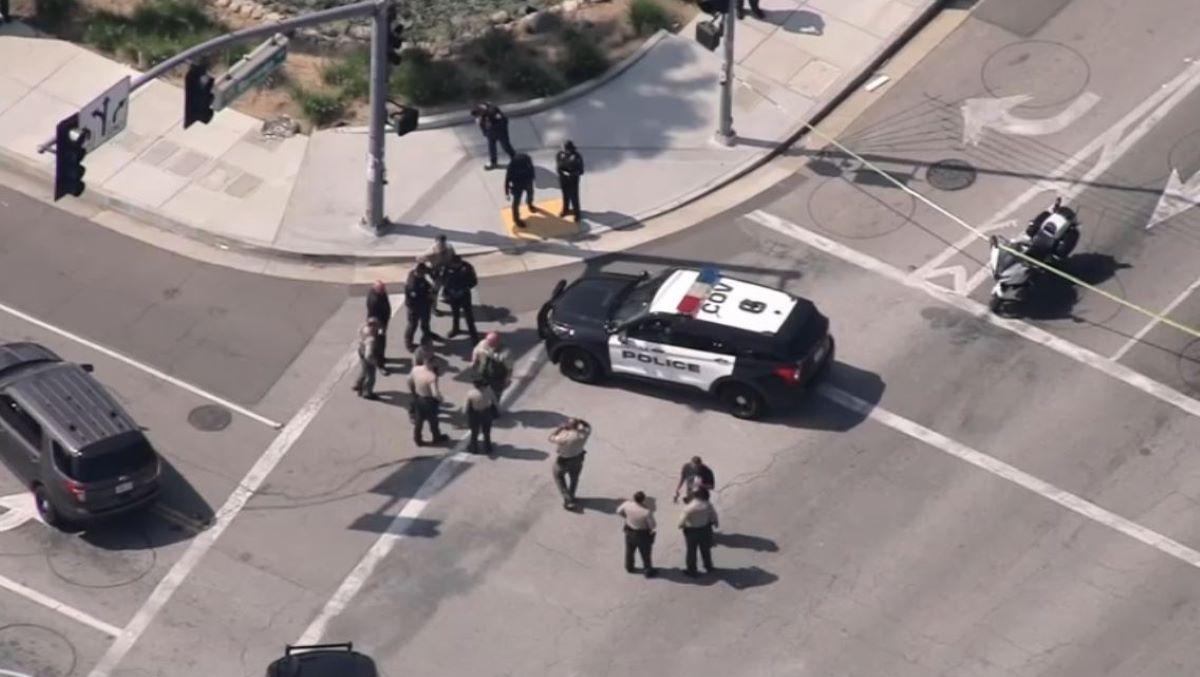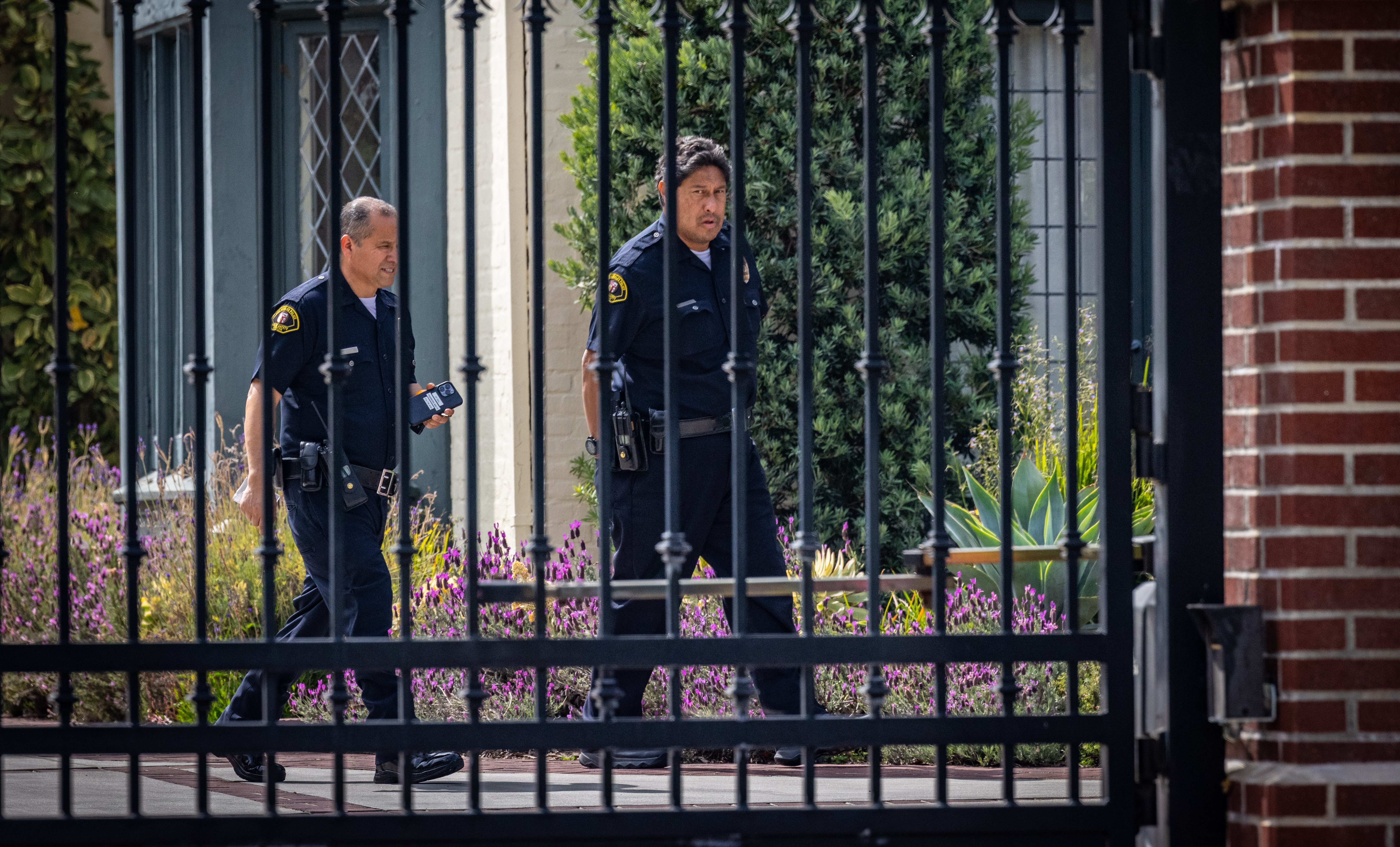The Los Angeles Times and other news media organizations sued over California's new execution rules Wednesday, saying they would bar journalists from fully reporting on the lethal injection procedure. The lawsuit is the latest challenge as the state seeks to resume executions for the first time since 2006.
The execution chamber at San Quentin State Prison leaves critical steps out of public view, according to the lawsuit filed in federal court in San Francisco against the Department of Corrections and Rehabilitation, the corrections secretary and San Quentin's warden.
The lethal drug used in an execution would be prepared and administered from a separate neighboring "infusion control room" that would be out of view because of the way the complex was constructed in 2008.
Corrections spokeswoman Terry Thornton said she couldn't comment because the department had not been served with the lawsuit.
A judge recently lifted one injunction blocking executions, but three other federal and state lawsuits are pending over the state's plans to use a single powerful barbiturate instead of three execution drugs.
"California may not administer its executions from a back room, outside of the view of the press and the public," one of the attorneys filing the suit, Ajay Krishnan, a partner with Keker, Van Nest & Peters, said in a statement.
A limited number of journalists are selected to witness executions on behalf of the public. Witnesses would be located in three rooms surrounding the lethal injection chamber where the inmate would be strapped to a gurney and executed, but the infusion control room would be out of their view.
News
Top news of the day
The suit also challenges a portion of the regulations that requires corrections officials to close the execution chamber curtains, turn off the public address system and immediately remove media witnesses if something goes wrong and the inmate does not die as expected or if the execution is stopped for any reason after the lethal drug begins to flow.
The Associated Press is not party to the lawsuit, but repeatedly objected to that portion of the regulations.
Linda Lye, a staff attorney with the American Civil Liberties Union of Northern California, said media observation of all aspects is crucial "especially because the new protocol could give rise to complications and botched executions."
The Los Angeles Times and KQED are co-plaintiffs in the lawsuit but have their own attorneys. The ACLU and Krishnan are representing the San Francisco Progressive Media Center, a nonprofit that wants to send reporters to witness executions.



